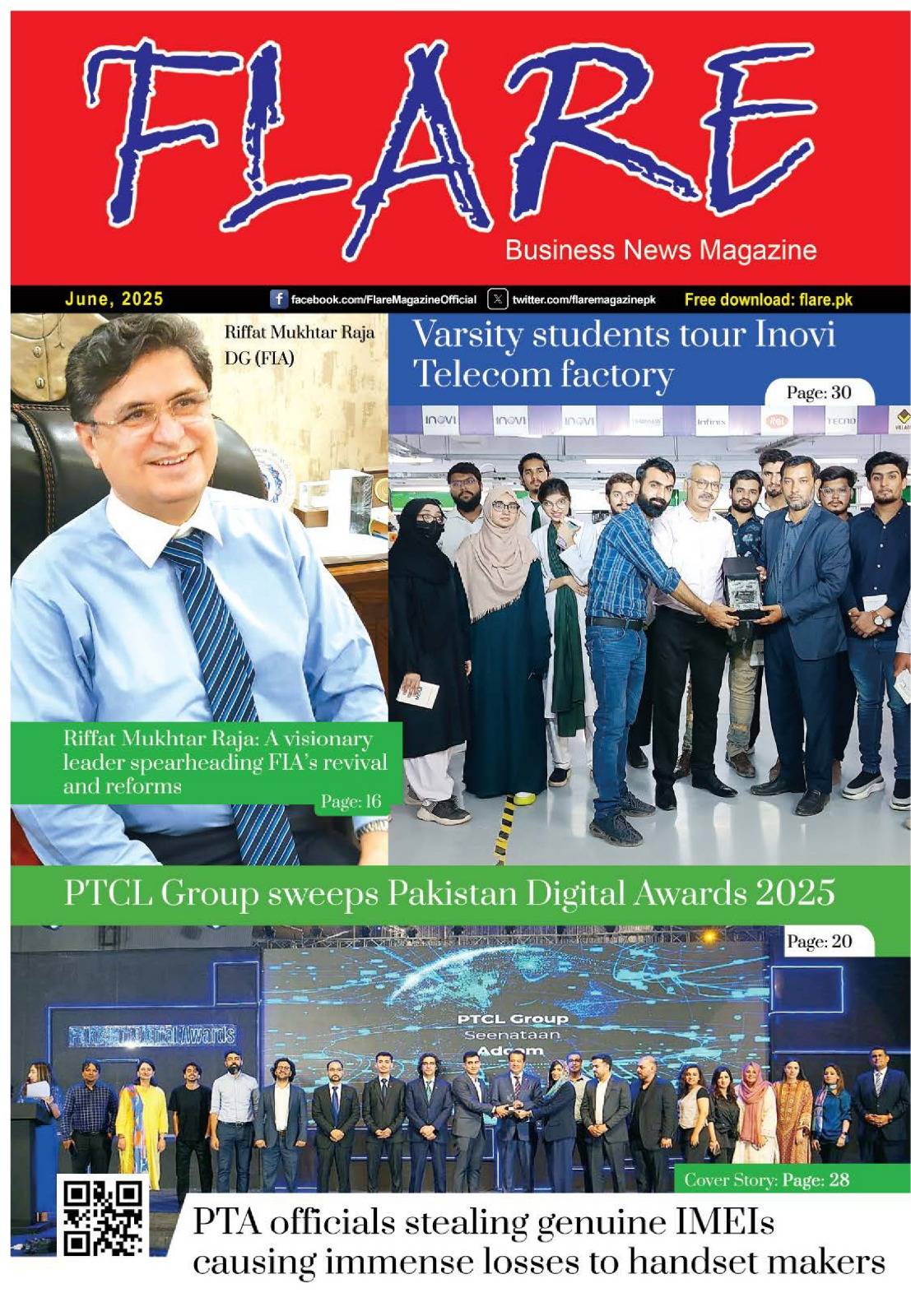Unreasonable Conditions Put on Mobile Operators Threaten Pakistan’s Digital Future
22 May 2019, London: The GSMA today raised serious concerns over the unreasonable fees set by the government and Pakistan Telecommunication Authority (PTA) on operators renewing mobile spectrum licenses in Pakistan, which it believes pose a significant risk to the mobile connectivity of millions of citizens.

On 25 May, the licenses of two of the country’s largest mobile operators – Jazz and Telenor – are set to expire. Under the current conditions operators are being asked to pay $450m to renew their licenses (more than double the dollar price at which operators originally acquired licenses at auction in 2004), or discontinue operations, which would mean disconnecting millions of customers. A third operator, Zong is also due to renew its license this year.
The GSMA warns that the high fees proposed for renewing these licenses will slow the development of Pakistan’s digital economy and seriously affect operators’ ability to invest and support affordable services. The mobile industry association raised its concerns today in a letter to the PTA and Frequency Allocation Board (FAB).
“It’s consumers that will lose out from imposing unfair conditions that put operators’ businesses in jeopardy,” said Brett Tarnutzer, Head of Spectrum, GSMA. “We’ve already seen the damaging consequences that high spectrum prices have on coverage and quality of service in other countries. It’s important that Pakistan doesn’t repeat these mistakes, and place gaining inflated revenues from spectrum licenses above the connectivity of its citizens.”
Safeguarding mobile connectivity
Mobile technology is the primary means of communication for millions of Pakistanis, and enables the delivery of vital education, healthcare and financial services. Recent GSMA Intelligence research estimates the total economic impact of mobile to Pakistan’s GDP is $17 Billion (5.4% of total GDP).
To safeguard the continuity of mobile services for citizens the GSMA calls for the government in Pakistan to extend the deadline for agreeing license terms for all MNOs on a 3-month rolling basis at no cost, until it can reach a decision with operators.
High Spectrum Prices
The GSMA also calls for the high spectrum fees to be reconsidered. High fees make it difficult for operators to provide and expand affordable services and impact investment in network infrastructure that benefits the wider economy. The government in Pakistan should not focus on short-term revenue maximisation through raising spectrum fees. The renewal price should take into account the current market and seek to enable the laudable policy vision and goals in the Digital Pakistan Policy, not further burden operators as they seek to connect the citizens of Pakistan.
Burdensome Taxes
In addition, operators already face many taxes and fees, which should be considered when setting further financial obligations on them. In 2017, the total direct tax and fee payments by the mobile sector were estimated at $950 million (29% of operator revenue). The mobile sector makes a large contribution in taxes and fees relative to its economic footprint with around 12% of its revenue going to sector-specific tax and fee payments. Moreover, the wider mobile ecosystem contributes to the fiscal income of Pakistan, with a total of $1.9 billion in direct and indirect taxes in 2018.
“These high fees work against Government efforts to bridge the digital divide and build the digital economy,” added Tarnutzer. “Spectrum prices and taxes should be set at a sufficiently low level that allows operators to deliver affordable services and deploy mobile broadband widely. We are committed to engage in an open dialogue to help the Government achieve its policy objectives and facilitate sustainable investment in Pakistan’s digital future by all mobile operators.”



